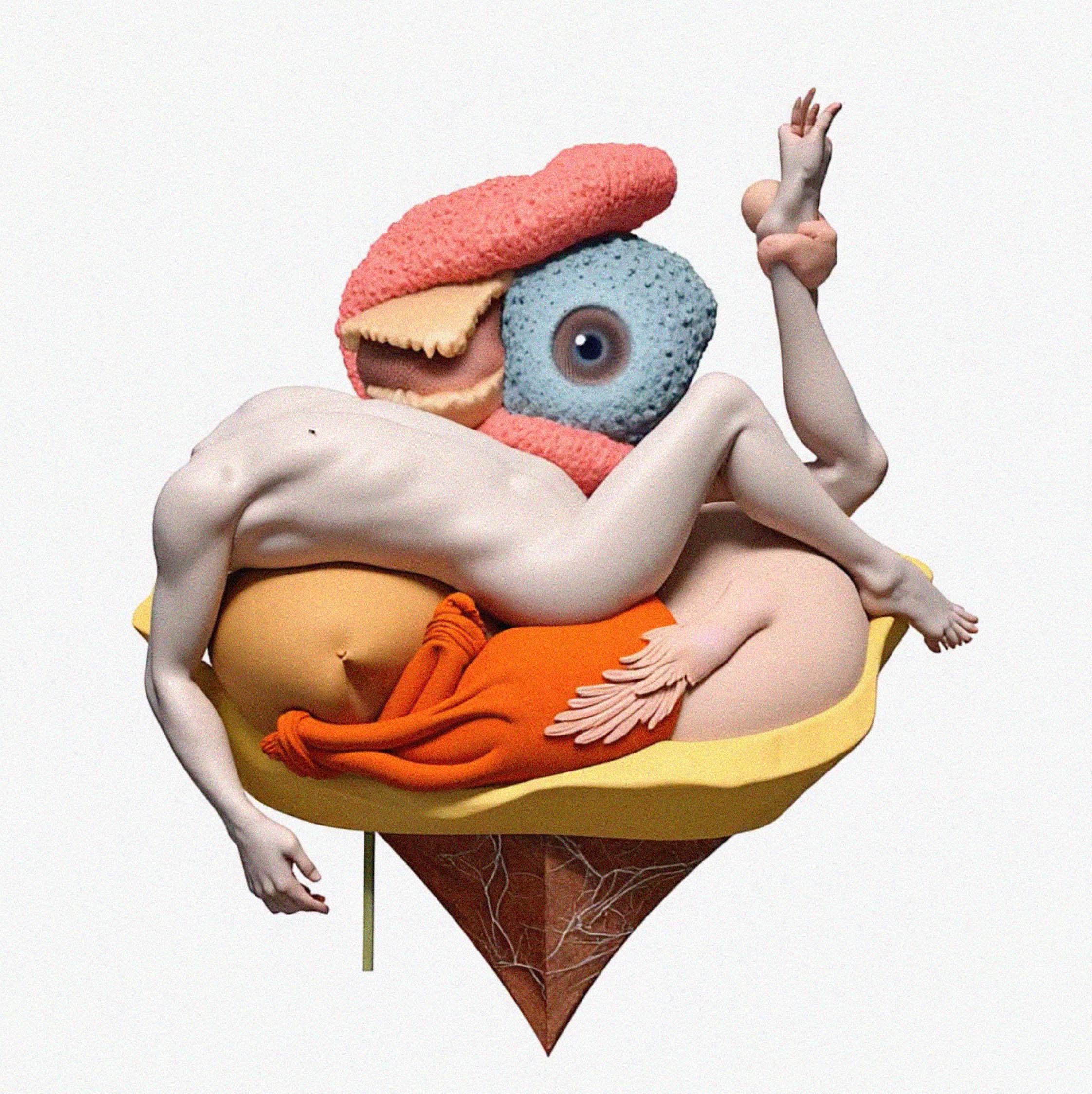Quan els gossos lladren, alguna cosa senten by Alba Rihe

“Language is the cheapest technology,” says María Salgado. A minimal tool, available to everyone, yet capable of opening worlds. It requires nothing more than voice, gesture, and letter. Yet resonance space is not equal for all—hence other forms arise: vibrations, traces, intersecting sounds that produce meaning.
Language is not only word; it is body in motion. Maurice Merleau-Ponty takes us further: this matter is flesh. The “flesh of language” is not a metaphor but living thickness. In each word, language folds back on itself to sustain the paradox of understanding oneself and, at the same time, the other. It is not an abstract act but a vital one: a practice that remakes us, because in speaking, we reinvent ourselves.
Yet within this thickness, the limit pulses. Alba Rihe names it: language is subject to the vital context of the speaker. Therefore, it never says everything. Something is always missing. What does not fit into the word seeks an outlet in gesture, in the vibration of the voice, in the trembling of the body. For Rihe, language carries with it a vision of the absurd: the impossibility of encompassing what we are, what we want to say. And yet, this very impossibility makes it fertile, because it forces the body to speak. Voice and body are projections of the same, material extensions of a meaning that never closes.
Thus, between Salgado, Merleau-Ponty, and Rihe, language appears as a minimal technology, as flesh that constitutes us, and as inevitable absurdity. It is both device and body, tool and crack. Every word inaugurates but also fails; every silence opens space for the gesture that completes it.
In this scenario, the letter does not rule, the gesture invents itself, and the voice inaugurates new horizons. There, language becomes a living actor that mutates as we speak it, and in its shadow another character is always being built—one that will manifest in the next chapter.